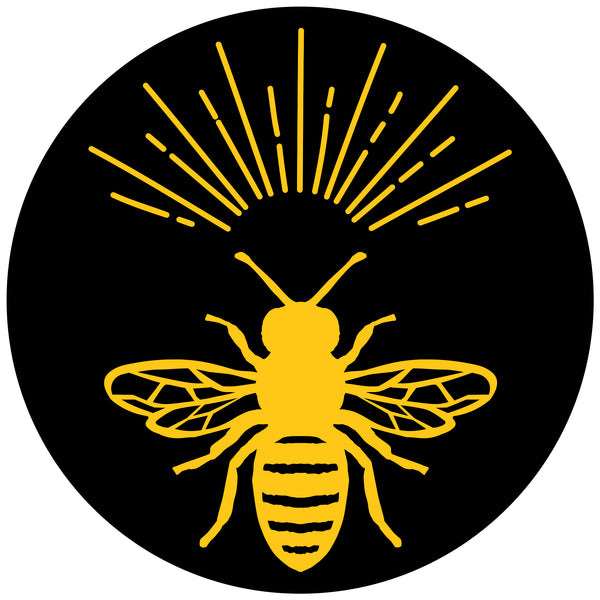Introduction
Bees, often regarded as small creatures buzzing around flowers, play a monumental role in maintaining the delicate balance of our planet's ecosystems. Despite their diminutive size, bees wield enormous power in sustaining biodiversity, food production, and overall environmental health. In this article, we will delve into the indispensable contributions of bees and why their well-being is intricately linked to the health of our planet.
The Importance of Pollination
One of the most critical roles that bees fulfill is that of pollinators. As they forage for nectar and pollen, bees inadvertently transfer pollen grains from one flower to another, facilitating the process of pollination. This seemingly simple act is responsible for the reproduction of flowering plants, including many of the crops that humans rely on for food. Approximately 75% of the world's food crops depend, at least in part, on pollinators like bees. Without bees, the pollination of these crops would be severely compromised, leading to a decline in yields and threatening global food security.
Biodiversity and Ecosystem Stability
Bees are not only essential for the pollination of agricultural crops but also for the maintenance of natural ecosystems. By pollinating a diverse array of plant species, bees contribute to the reproduction of countless flowering plants, including trees, shrubs, and wildflowers. This, in turn, supports the diversity of wildlife that depends on these plants for food and habitat. Bees play a crucial role in preserving the delicate balance of ecosystems, ensuring their resilience to environmental changes and disturbances.
The Ripple Effect
The decline of bee populations can have far-reaching consequences that extend beyond the loss of pollination services. It can disrupt entire ecosystems, leading to cascading effects on other organisms within the food web. For example, birds, mammals, and other insects that rely on flowering plants for sustenance would suffer from a diminished food supply in the absence of bees. Additionally, many plants that depend on bees for pollination produce fruits and seeds that serve as food sources for a wide range of animals, further highlighting the interconnectedness of species within ecosystems.
Environmental Benefits
Beyond their role as pollinators, bees provide numerous environmental benefits that contribute to the health of our planet. For instance, bee activity helps improve soil fertility and structure by facilitating the decomposition of organic matter and the circulation of nutrients. Bees also play a role in the regulation of insect populations, as they prey on certain pest species and serve as prey for predators higher up the food chain. Moreover, the production of honey by bees has been valued by humans for millennia, not only as a source of nutrition but also for its medicinal properties and cultural significance.
Challenges Facing Bees
Despite their immense ecological importance, bees face a myriad of threats that jeopardize their survival. Habitat loss and degradation, driven by urbanization, agricultural expansion, and deforestation, are among the primary factors contributing to the decline of bee populations worldwide. Pesticide use, particularly neonicotinoids, poses another significant threat to bees, as exposure to these chemicals can impair their navigation, foraging behavior, and immune systems. Climate change exacerbates these challenges by altering flowering patterns, disrupting bee habitats, and exposing bees to extreme weather events.
Conservation Efforts
In light of the threats facing bees, concerted efforts are underway to conserve and protect these vital pollinators. Initiatives aimed at preserving bee habitats, restoring pollinator-friendly landscapes, and reducing pesticide use are critical steps in safeguarding bee populations and promoting their recovery. Public awareness and education campaigns also play a crucial role in raising awareness about the importance of bees and the actions individuals can take to support bee conservation efforts, such as planting bee-friendly gardens and avoiding the use of harmful pesticides.
Conclusion
Bees are more than just insects buzzing around flowers; they are indispensable stewards of our planet's ecosystems and essential contributors to global food security and biodiversity. Their role in pollination sustains the intricate web of life that supports all living organisms on Earth. As we face unprecedented environmental challenges, it is imperative that we recognize the significance of bees and take proactive measures to protect and preserve these remarkable creatures. By safeguarding bees and their habitats, we can ensure a healthier and more resilient planet for future generations.


